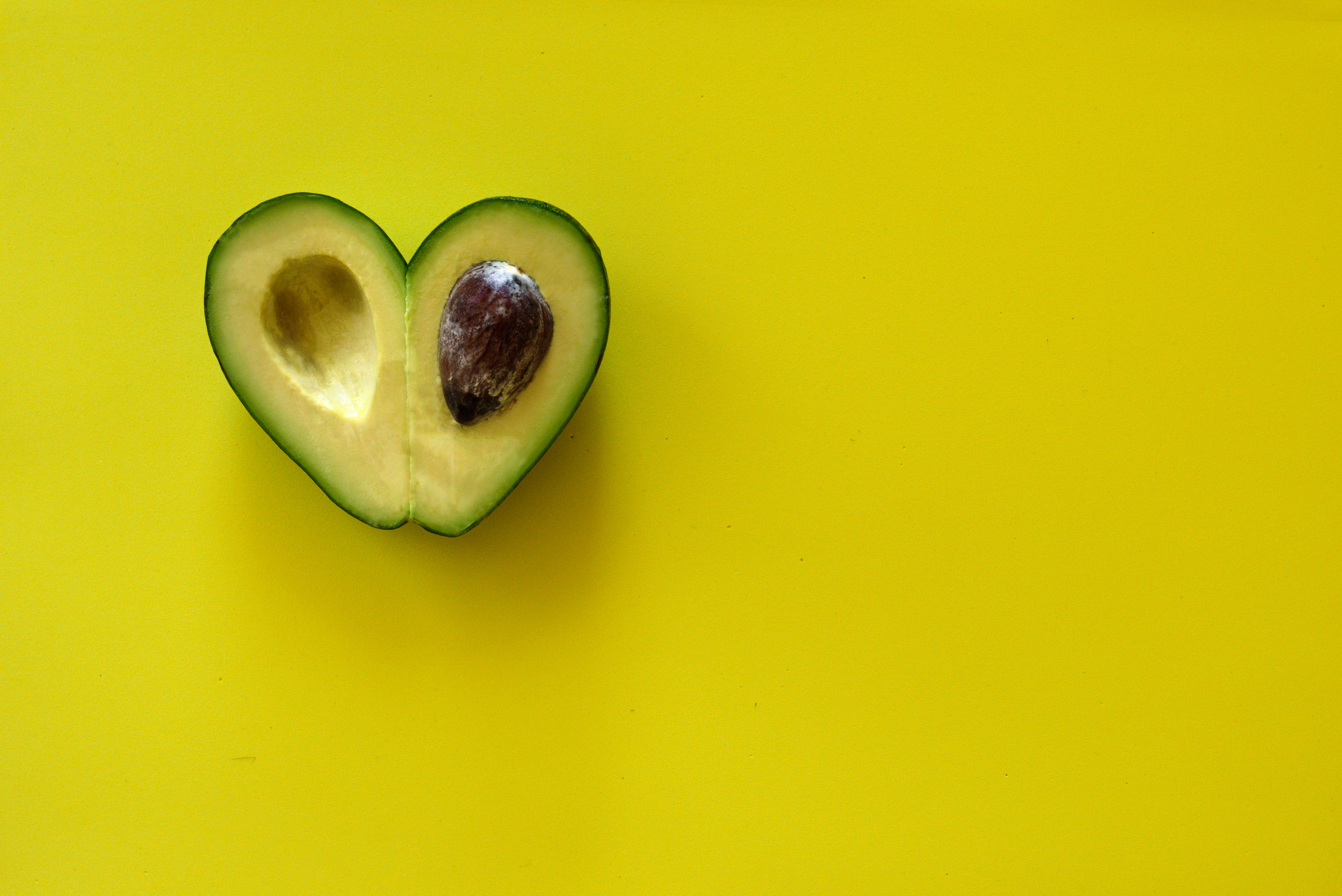Get Easy Health Digest™ in your inbox and don’t miss a thing when you subscribe today. Plus, get the free bonus report, Mother Nature’s Tips, Tricks and Remedies for Cholesterol, Blood Pressure & Blood Sugar as my way of saying welcome to the community!
Long-term proof: An avocado a day keeps heart disease away

It’s always nice when you find more evidence that one of your favorite foods is also really good for you.
That’s what happened this week when I read a study published a few weeks ago about avocados.
Now, it’s no secret that avocados have a lot of health benefits wrapped up in one little package.
Half an avocado has more potassium than a banana and about 7gm of fiber. Avocados have phytochemicals that protect your eyesight and are known cancer-fighters.
And, they’re good for your heart. Eating avocados regularly can help keep your “good” cholesterol levels up while reducing the “bad,” including triglycerides.
But some new research may just be the first long-term study that supports a connection between eating avocados and lowering your risk of heart disease.
Avocado slashes coronary heart disease risk
Researchers from the Harvard T.H. Chan School of Public Health followed more than 68,780 women and more than 41,700 men for thirty years. Female participants were drawn from the Nurses’ Health Study and men from the Health Professionals Follow-up Study.
Both men and women were free of cancer and heart disease at the start of the study. During the thirty-year follow-up period, there were 9,185 coronary heart disease events and 5,290 strokes.
Participants’ diets were assessed using food frequency questionnaires every four years.
Here are the two major findings:
- Participants who ate at least two servings of avocado each week had a 16 percent lower risk of cardiovascular disease, including heart failure and heart attacks, and a 21 percent lower risk of coronary heart disease, a type of cardiovascular disease affecting the blood vessels that supply the heart with blood.
- Replacing half a serving a day of margarine, butter, egg, yogurt, cheese or processed meats such as bacon with the same amount of avocado was associated with as much as a 22 percent lower risk of cardiovascular disease events.
Why is this important?
Avocados contain dietary fiber and healthy fats — including unsaturated and monounsaturated fat — as well as other components that have been associated with good cardiovascular health.
Previous clinical trials have found avocados have a positive impact on cardiovascular risk factors including high cholesterol. And this study is the icing on the cake.
Dr. Cheryl Anderson, chair of the American Heart Association’s Council on Epidemiology and Prevention, explains the importance of these latest findings…
“Although no one food is the solution to routinely eating a healthy diet, this study is evidence that avocados have possible health benefits. This is promising because it is a food item that is popular, accessible, desirable and easy to include in meals eaten by many Americans at home and in restaurants.”
In other words, avocados are becoming more and more popular in the United States, and a serving a day would not be difficult to include in your diet.
Here are half a dozen delicious ways to do just that…
Chickpea, avocado and feta salad
Editor’s note: There are perfectly safe and natural ways to decrease your risk of blood clots including the 25-cent vitamin, the nutrient that acts as a natural blood thinner and the powerful herb that helps clear plaque. To discover these and other secrets of long-lived hearts, click here for Hushed Up Natural Heart Cures and Common Misconceptions of Popular Heart Treatments!
Sources:
Eating two servings of avocados a week linked to lower risk of cardiovascular disease — Eureka Alert
Avocado Consumption and Risk of Cardiovascular Disease in US Adults — Journal of the American Heart Association













